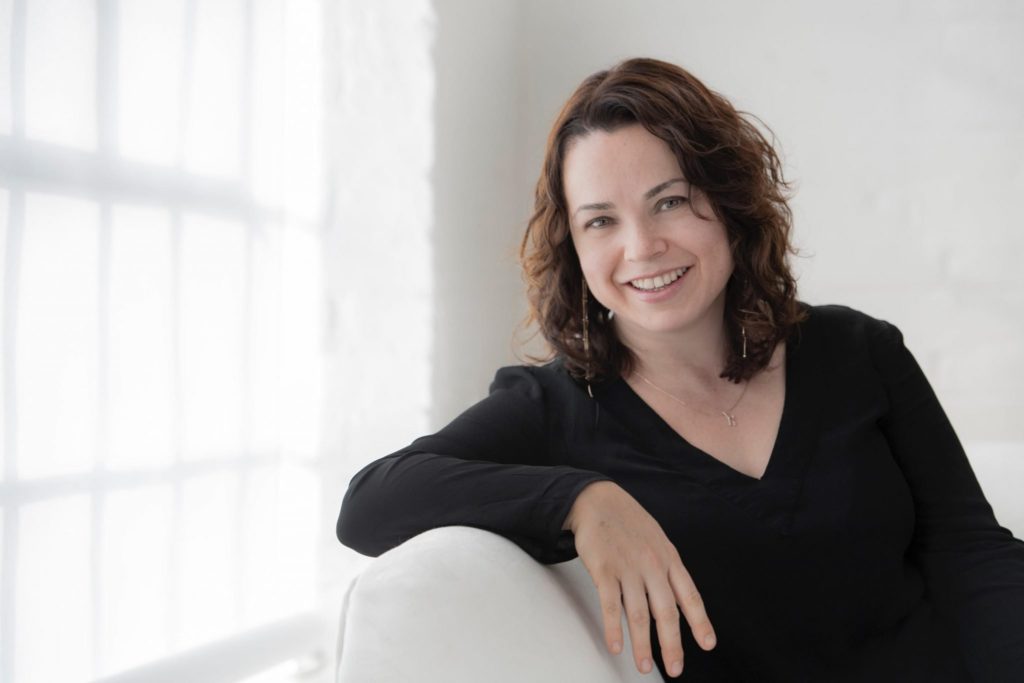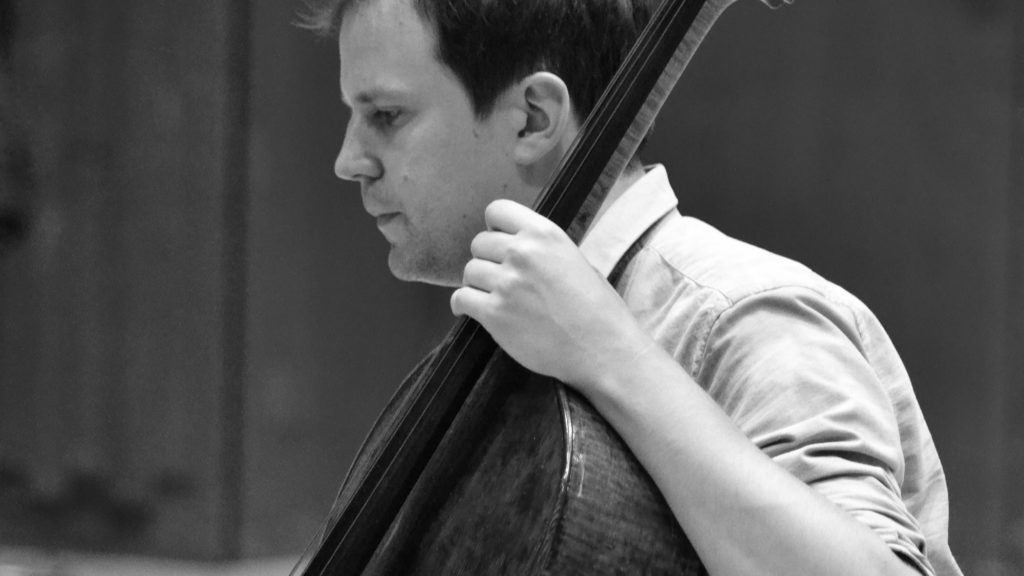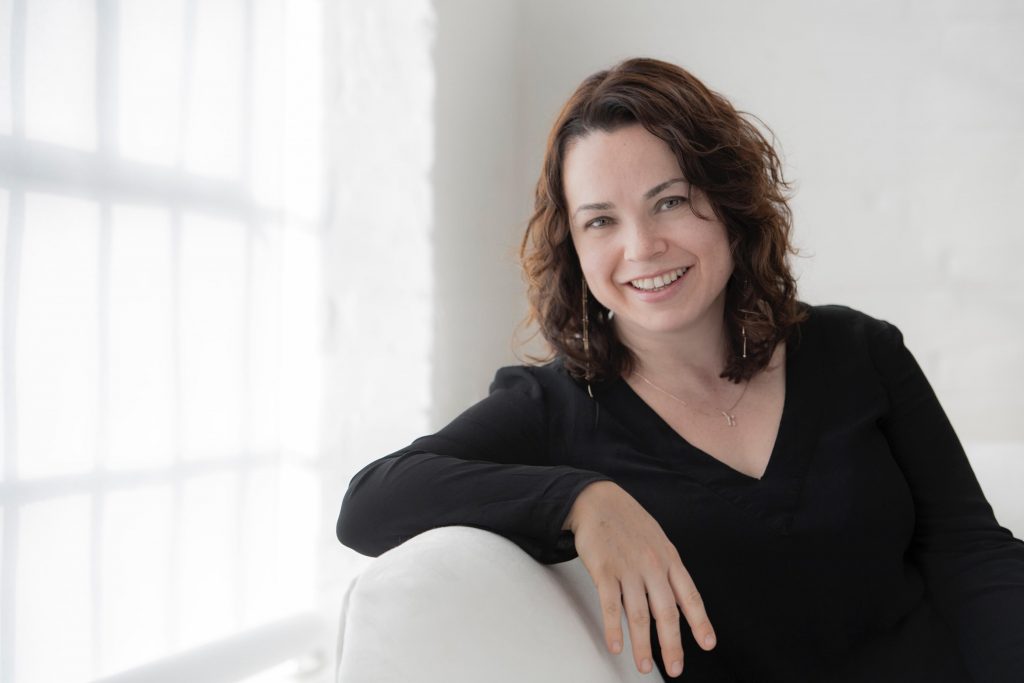
Pianist Katya Apekisheva
SIX distinguished string players – pairs of violinists, violists and cellists – were joined by the equally eminent pianist Katya Apekisheva in five concerts packed into three days. The highlights of the last four are covered here.
At the National Centre for Early Music (September 19), the vigorous outer movements of Haydn’s Op 76 No 5 in D sandwiched a Largo notable for its delicate shading and a minuet whose trio was eerily mysterious.
The cracking pace of the finale was typical of the sheer enjoyment that these players brought to their task, led by Jonathan Stone.
He exchanged the leader’s chair with Charlotte Scott for Shostakovich’s Eighth, Op 110 in C minor, which erupted into a fiery motor-rhythm after its studied start. There were telling little cadenzas from her and the viola player Gary Pomeroy, but there was no disguising the underlying anger, tinged with sorrow, in this supremely biographical testament.
The original, intimate sextet version of Schoenberg’s Verklärte Nacht, vibrantly led by Scott, was notable for the balance between the voices and the transparency of its textures. Richard Dehmel’s poem, on which it is based, speaks of transformation. Here one constantly sensed the ensemble straining at the harmonic leash, reflecting the composer’s enthusiasm for change. There was also special warmth in the quartet of lower voices and a lovely delicacy at the close.
Lunchtime on the Saturday (September 20) in the Unitarian Chapel brought together the viola of Hélène Clément with the piano of Katya Apekisheva. Clément’s usual instrument, once belonging to Frank Bridge, was in for repairs, so she shelved her announced Bridge pieces and Apekisheva inserted Tchaikovsky’s October between the Rebecca Clarke and Shostakovich sonatas instead.
After a forthright opening, Clément made a useful contrast between the themes of Clarke’s first movement, the second decidedly wistful. The twinkling scherzo had a satanic streak. There might have been more restraint at the start of the finale, so as to offer more contrast with the passionate material that follows, but the crescendo on an extended tremolo boiled neatly into a brilliant coda. The duo was thoroughly alive to Clarke’s freewheeling approach.
The Shostakovich sonata is his last, an initially tortured work completed barely a month before he died in August 1975. At its centre we had a catchy scherzo, but with a dark, hypnotic core. The concluding Adagio was a wonderfully calm approach to impending death, framed by very personal cadenzas and helped by the piano’s reminiscence of the ‘Moonlight’ sonata. Apekisheva’s elegiac treatment of October had paved the way ideally.
That evening, at the Lyons Concert Hall, all seven players were on duty. It opened with a beautifully balanced account of Schubert’s Notturno, D.897, written in his final year. It offered a huge contrast between its quiet frame and the dotted rhythms at its centre. Apekisheva’s arpeggios were velvety.
With Jonathan Stone still in the leader’s chair for Schumann’s Piano Quartet, also in E flat, we were swept into an infectiously joyful milieu, reflecting the composer’s recent marriage in 1842. The opening movement’s crisp rhythms, with real drama in its development section, preceded a scherzo that was almost too forceful. Yet the slow movement was milked for every drop of sentimentality (but with an ending without vibrato), until the players let their hair down in a fun-filled finale.
Tchaikovsky’s Piano Trio in A minor brought together violinist Charlotte Scott with cellist Reinoud Ford and the redoubtable, ever-present Apekisheva. Ford had stepped nobly into the shoes of Tim Lowe, the festival director, who was enjoying an introduction to fatherhood.
Essentially in two movements, the trio is an extended elegy for the pianist Nikolai Rubinstein, written in 1882 a year after his death. As one might expect, it demands considerable virtuosity from the pianist. Apekisheva was more than equal to the task, if – rarely for her – a little too forceful in the insistent second theme (although, in her defence, it is marked fortissimo pesante).
The opening movement’s broad sweep was balanced by a theme and variations of extreme subtlety, based on a folk melody. Most memorable were the Chopin-like mazurka and skittish scherzo of the second and third variations.
We also had a touch of sugar-plum fairy and a flippant waltz, both demanding versatility from the ensemble. But mostly it was the bold, busy piano textures that quite properly dominated, with a respectful diminuendo into the final funeral march.
The six strings provided the festival’s afternoon finale, given at St Olave’s Church (September 21). Mozart’s String Quintet, K.515 in C preceded Brahms’s Second String Quintet, Op 111 in G. There was a strong contrast between the two works.
With Charlotte Scott leading and Reinoud Ford seated centrally as cellist, the Mozart was almost free of vibrato, no doubt in an attempt to deliver a ‘period’ sound. But none of the group is much known for early music and the effect was tight and restrained, as if the players felt shackled.
Nevertheless, the quintet’s emotional power was not obscured. The ‘Mannheim skyrocket’ of the opening, a high-rising arpeggio alternating between violin and cello, had its usual uplifting effect. The minuet was less telling and the slow movement can only be described as squeaky. But the final rondo, taken at a splendid clip, offered ample compensation, not least because it highlighted Charlotte Scott’s virtuosity.
For the Brahms, Jonathan Stone took over as leader and Jonathan Aasgaard was in the cello seat, with the admirable Hélène Clément and Gary Pomeroy continuing as violas. There was an immediate sense of abandon as a reasonable modicum of vibrato returned, with plenty of electricity and strong accents. Incidentally, the cello was now on the right-hand edge, reflecting its less pivotal role here.
The minor-key march had an intimate core, before Pomeroy’s viola took off in the pleasing cadenza-like ending. After the easy-going lilt of the scherzo and trio, the finale’s burst of exuberance made the perfect ending, with percussive accents at its centre and accelerating cross-rhythms in its coda.
This was a beautifully constructed festival and never less than stimulating.
Review by Martin Dreyer


